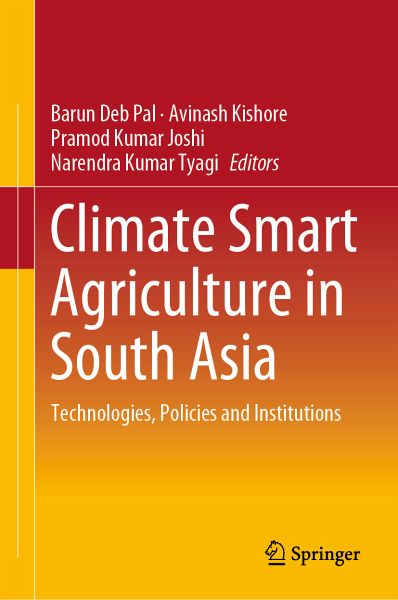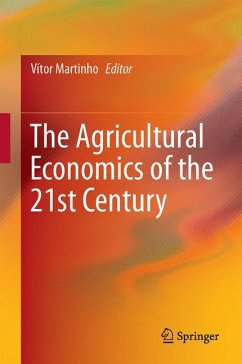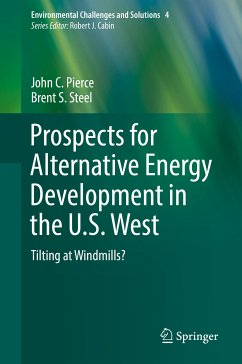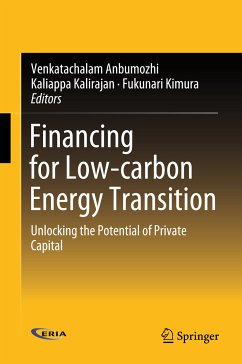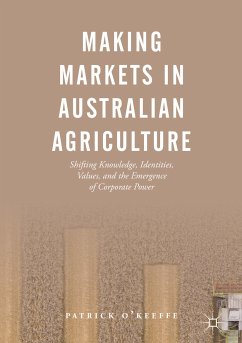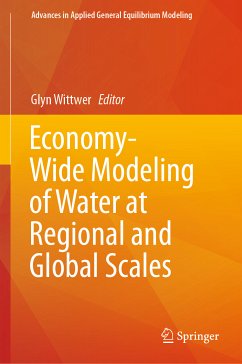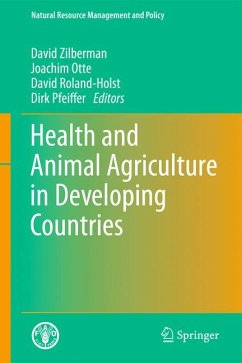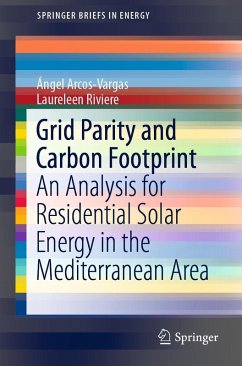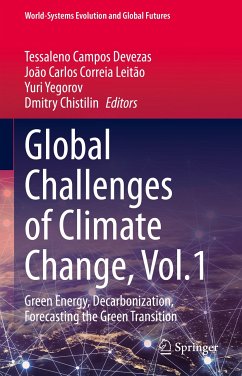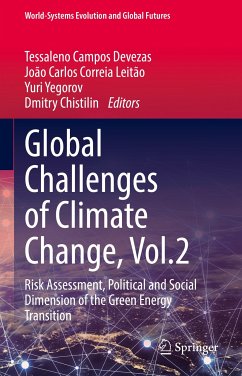Dr Barun Deb Pal is a Program Manager at the International Food Policy Research Institute (IFPRI) - South Asia chapter, New Delhi, India. He received his Master's in Economics from the University of Calcutta, India and his PhD from Jadavpur University, Kolkata, India. He has more than 10 years of experience in economic policy modelling with a special focus on climate change policy analysis. He has many research articles and books to his credit. His most recent articles have been published in the Journal of Economic Structures, Economic Systems Research, Journal of Science and Technology, and his co-authored book "GHG Emissions and Economics Growth - A Computable General Equilibrium Model Based Analysis for India" was published by Springer. Dr Avinash Kishore obtained his Master's in Public Affairs from Princeton University, USA and his PhD in Public Policy from Harvard University, USA. He is interested in agriculture, environment, and development economics. Atthe International Food Policy Research Institute (IFPRI) South Asia chapter, New Delhi, India he is working as a Research Fellow and is engaged in research projects that seek to bridge the gap between laboratories and farms in Indian agriculture using action research in collaboration with agricultural universities, agribusiness firms and farmers. He has published more than 15 articles in journals of international repute like Water International, Water Policy, Food Policy, Economic Development and Cultural Change and Economic and Political Weekly. Dr Pramod Kumar Joshi is Director of the IFPRI - South Asia chapter, New Delhi, India. His areas of research include technology policy, market, and institutional economics. Dr Joshi is a recipient of many awards such as the Dr MS Randhawa Memorial Award of the National Academy of Agricultural Sciences (2009-11), Prof RC Agarwal Lifetime Achievement Award of the Indian Society of Agricultural Economics, DK Desai Award of the Indian Society of Agricultural Economics, and RT Doshi Foundation Award of the Agricultural Economics Research Association for outstanding contributions in social science and agricultural economics research. He is a Fellow of the National Academy of Agricultural Sciences and the Indian Society of Agricultural Economics. He served as a member of the International Steering Committee for the Climate Change, Agriculture, and Food Security Challenge Program, led by the ESSP Science Community and the Consultative Group on International Agricultural Research (CGIAR) (2009-11). Dr. Narendra Kumar Tyagi is an independent researcher in the agricultural science discipline and he is based in Ghaziabad, Uttar Pradesh, India. Dr. Tyagi graduated in Agricultural Engineering from GBPUAT, Pant Nagar in 1967, obtained Master's degree in Soil and Water Conservation Engineering from IIT Kharagpur in 1969 and PhD in Civil Engineering from JNTU Hyderabadin 1984.He attended USU Logan, USA, for Post-Doctoral Research in Environmental Planning for Salinity Control. His professional career spans over more than three decades and he known for his outstanding research in land and water management. During his long professional career, he served various key positions in ICAR including Director of Central Soil Salinity Research Institute, Karnal 1994-2004; Member, Agricultural Scientists' Recruitment Board, New Delhi between 2005 and 2011.
